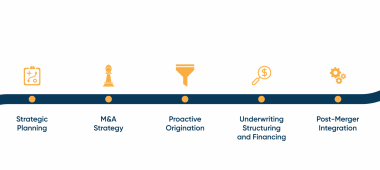Unpacking Private Equity: Characteristics & implications by asset class
The term private equity is often treated as a catchall, used interchangeably to describe a broad variety of investments. Such loose use of the phrase fails to capture the range of nuanced business ownership strategies it refers to and risks branding an entire asset class with characteristics and implications that are typically relevant to only a particular sub-category. Recently, this has especially been the case given the outsized global attention placed on the leveraged buyout deals of Bain Capital, a private equity firm founded by Republican U.S. presidential candidate Mitt Romney. In this context, popular discourse has inappropriately attached the label of private equity to a general practice of debt-fueled corporate takeovers that disproportionately focus on cost cutting. In reality, however, private equity refers to an array of investment strategies each with a unique risk-return profile and differing core skillsets for success.
This article is intended to help family office executives better understand the nuances of the various sub-categories of private equity. It seeks to draw high-level distinctions, serving as a practical guide for investors entering the private equity arena, be it directly or through a more curated fund structure. Ultimately by understanding the characteristics and implications of each asset class, the reader should be equipped to make an educated choice regarding the most relevant and appropriate strategy for their unique profile.















